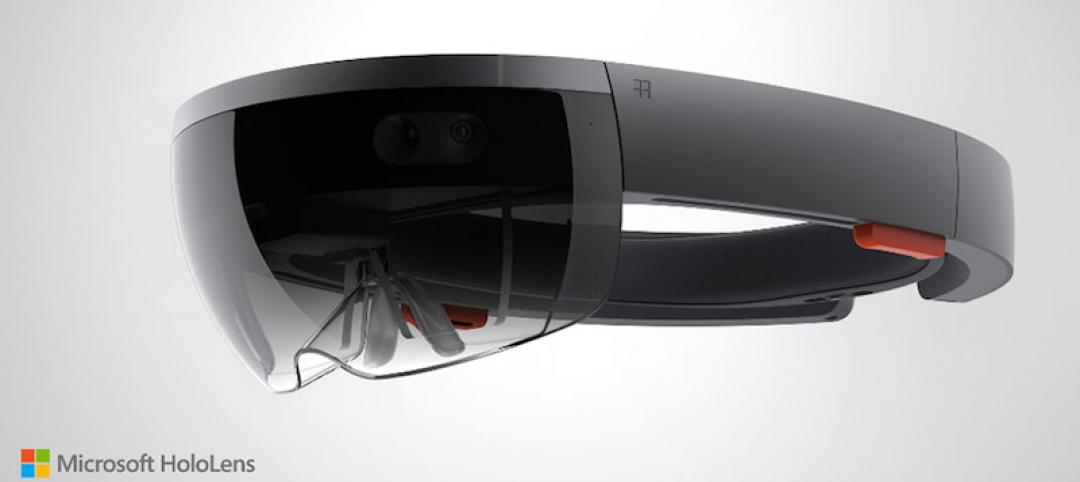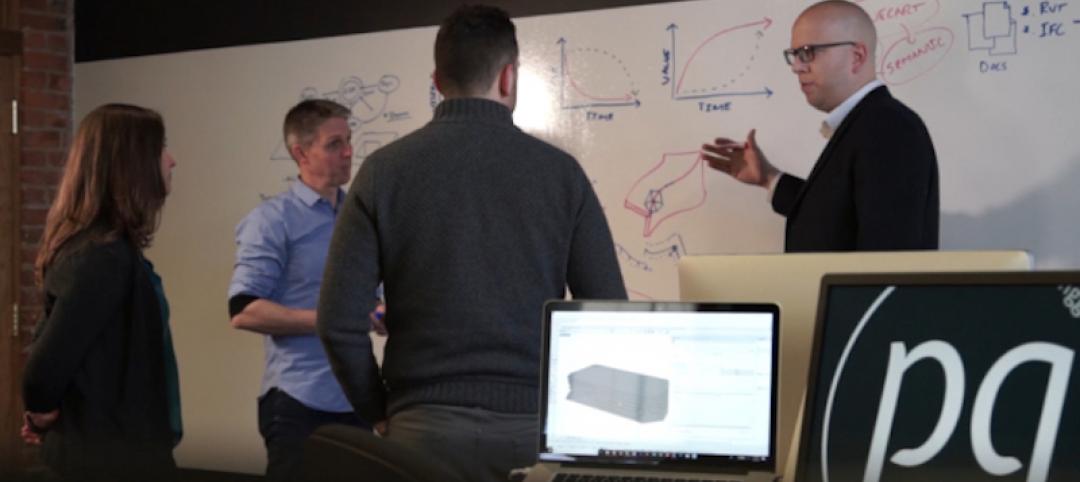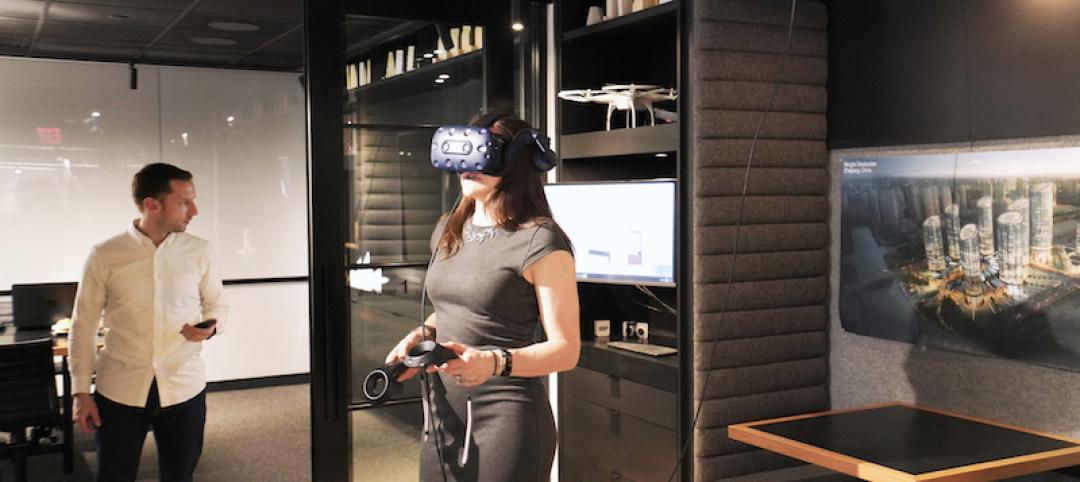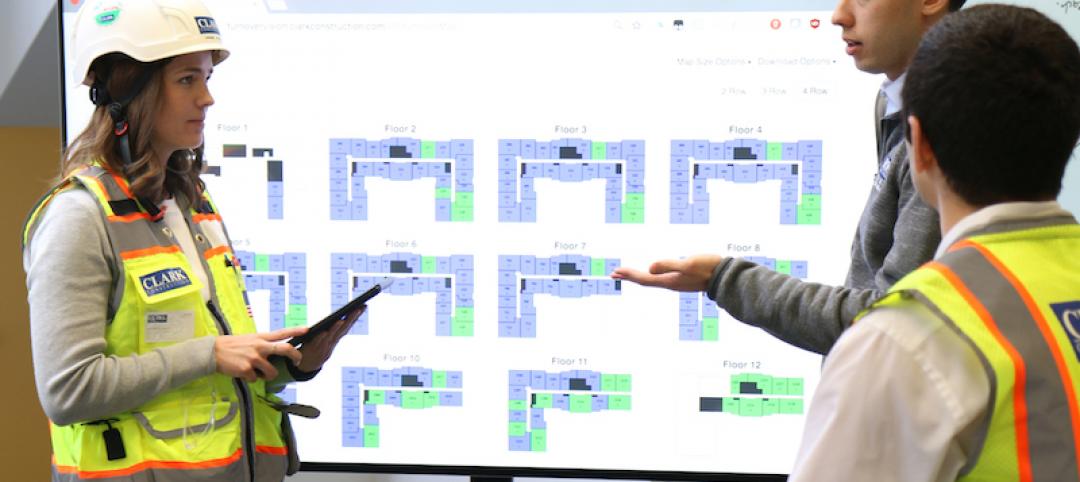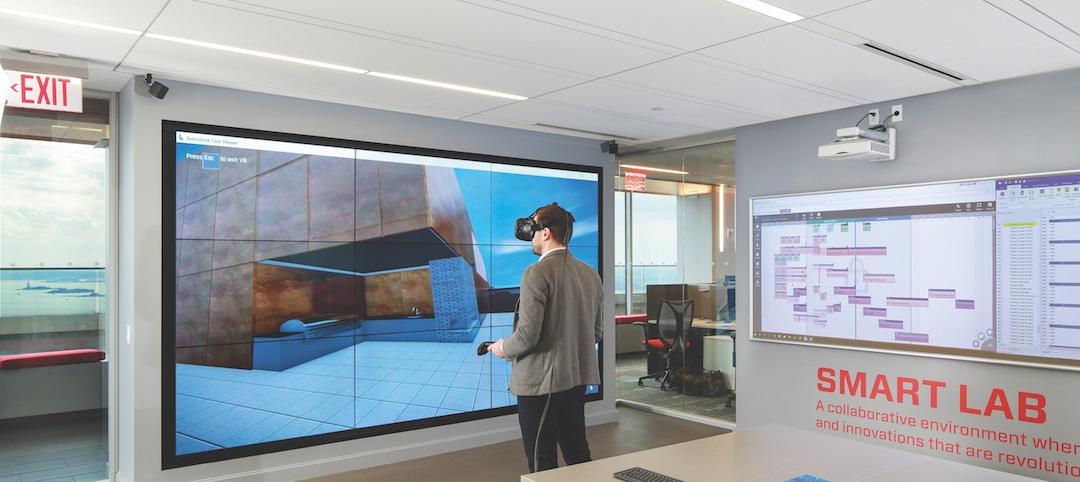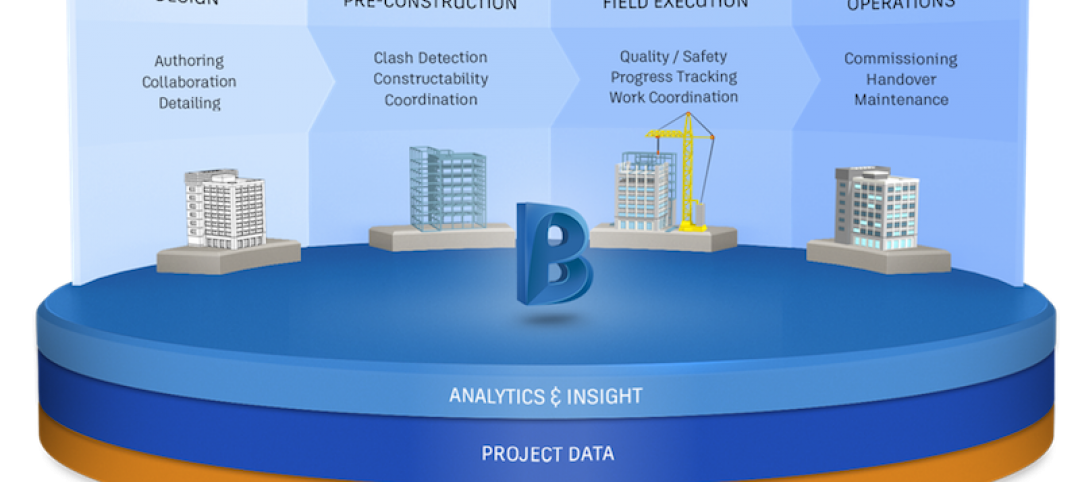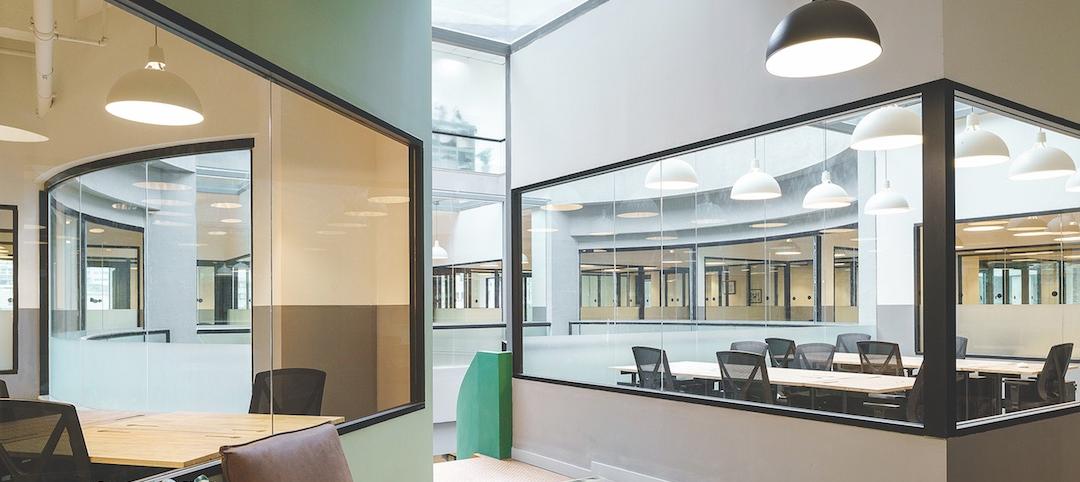A 400-acre site on the outskirts of Denver will be home to a mixed-use neighborhood heralded as one of the most innovative neighborhoods in development in the United States. Peña Station Next will act as a test lab for a multitude of new technology including transparent TVs, advancements in smart kitchen technology, and an intelligent bus stop with self-driving buses.
Panasonic is partnering with the city of Denver on the project and is providing the technology that will be used in the neighborhood.
The transparent television, for example, was shown off by Panasonic at CES 2017 and, essentially, transforms a clear window or an opaque surface into a TV screen, the Denver Post reports. Panasonic showed off working models of the TV technology that included the door of a sake-wine cellar refrigerator, a tabletop, and windows.
Many of the advancements Panasonic is looking to make to already intelligent kitchens are geared toward automating the process of cooking a meal as much as possible. Selecting a recipe on the sake fridge door will automatically set up the necessary appliances, such as preheating the oven to the desired temperature. Kitchen counters also double as induction stove tops with built in sensors that adjust cooking temperatures so as not to burn the food.
The smart bus stop is one of the first pieces of technology that will actually be installed at Peña Station Next. The stop is integrated with two LCD displays showing information such as bus schedules and how far away the next bus is. The stop will be powered by solar energy. The same self-driving buses that are already in use in Helsinki will also be used in the Peña Station Next development.
The neighborhood has already been equipped with 53 intelligent LED streetlights and a parking lot covered with solar panels. Blanket WiFi is expected by spring and the smart bus stop should be in place by summer. The autonomous shuttles are expected to arrive at some point in February.
Related Stories
Augmented Reality | May 30, 2018
HoloLens used as wayfinding device to guide blind people through complex buildings
Neither training nor modification of the physical environment are required to use the system.
Architects | May 14, 2018
4 tactics for our digital transformation
While our technology is becoming more advanced, the fundamental processes at the core of design and construction businesses have largely remained unchanged for decades.
Virtual Reality | May 8, 2018
‘Bespoke’ VR apps give Woods Bagot an edge in presenting design ideas
The architectural firm is finding that some clients respond quicker to proposals as a result.
Architects | Apr 16, 2018
Is the AEC industry ready to shake off its retrograde image?
Technology has been and always will be perceived as a source for wonder and worry.
Building Technology | Apr 10, 2018
A jobsite dashboard is helping Clark Construction take the drudgery out of managing punch lists
Turnover Vision is the latest example of Clark digitizing its construction management process.
Contractors | Apr 9, 2018
Tech Report 5.0: Smart(er) Jobsites
Real-time construction analysis, just-in-time materials delivery, digital production planning systems—these are just a few of the novel approaches construction firms are implementing to take control of their jobsites.
Building Technology | Apr 9, 2018
Autodesk opens its Forge platform, encouraging more suppliers to build onto it
The goal is to further streamline the construction process, from design to commissioning.
Architects | Apr 5, 2018
Tech Report 5.0: The Human Touch
Can studying humans at a behavioral level produce better buildings? Cognitive architecture experts are working to find out.
Building Technology | Apr 4, 2018
Tech Report 5.0: Digital Immersion
Indoor digital media changes the identities of buildings by stimulating occupant interaction.
Building Technology | Apr 3, 2018
Tech Report 5.0: AI Arrives
From construction scheduling to risk management, AEC firms see promise in budding artificial intelligence platforms geared for commercial building projects.


